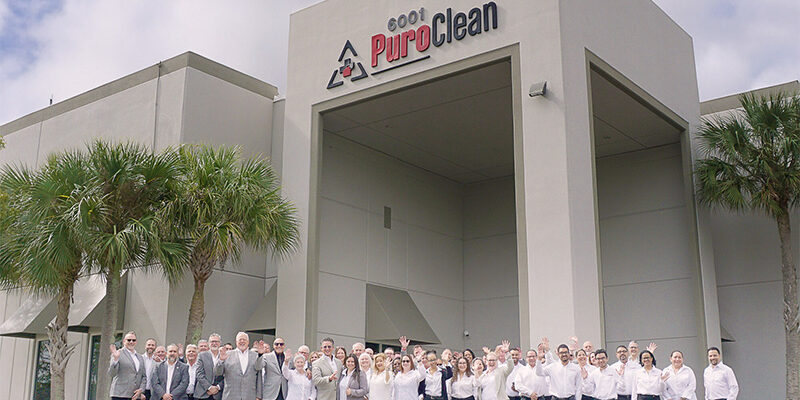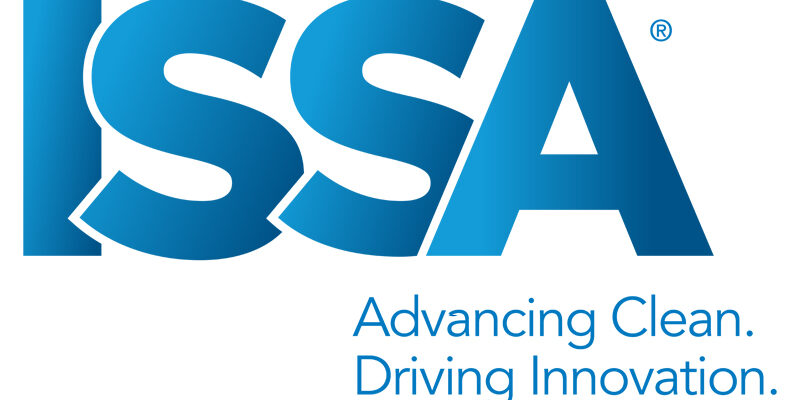Increase in sustainability reports by U.S. companies signals rise in environmental focus

LOS ANGELES — Standard and Poor’s 500 companies producing regular sustainability reports rose from approximately 20 percent in 2010 to 75 percent in 2015 signaling a rise in focus on environmental issues in business operations, according to a press release.
“The [sustainability] report is designed to help an organization measure, monitor, understand and then communicate their economic, environmental and social performance,” Stephen Ashkin, CEO of the Sustainably Dashboard, said in the release. “This also allows them to set goals, reduce costs and manage change more effectively.”
Ashkin, whose company offers an online tool that allows administrators to measure a facilities sustainability metrics, reports some reasons for the recent rise in sustainability reporting. He says they:
- Fosters company trust. “Sustainability disclosures give consumers, investors, employees and others more transparency about an organization…this usually results in greater trust.”
- Access to capital. Many organizations report the added transparency that results from publishing sustainability reports has helped make it easier for them to attract investors.
- Enhances a company’s reputation. A 2013 Boston College Center for Corporate Citizenship survey revealed that more than 50 percent of respondents issuing sustainability reports reported it helped improve their organization’s reputation.
- Increased employee loyalty. Studies have found current employees are a primary audience for their company’s sustainability report, and issuing one helps build employee loyalty.
- “Good marks” lower costs. A positive sustainability report characteristically means a company or organization is well run, focuses on enhanced efficiencies that help reduce operating costs, has minimal waste and is very environmentally responsible.
“Interestingly, some studies indicate that a more sustainable company finds their decision making processes are more efficient,” Ashkin adds. “Likely it’s a reflection of management quality. Better managed companies tend to be more sustainable and more effectively operated.”












